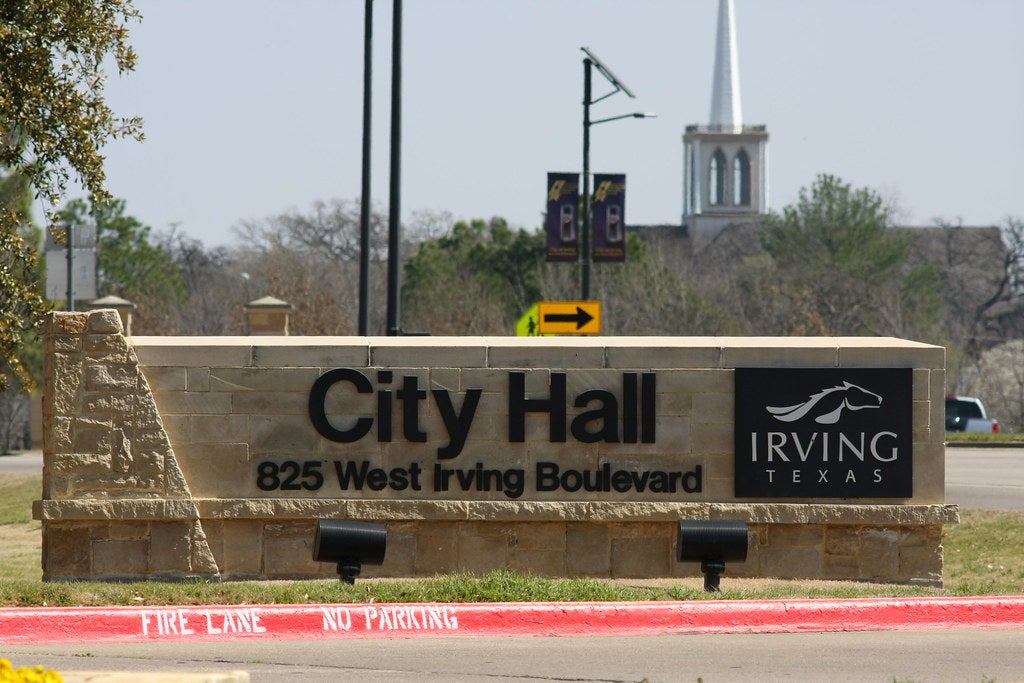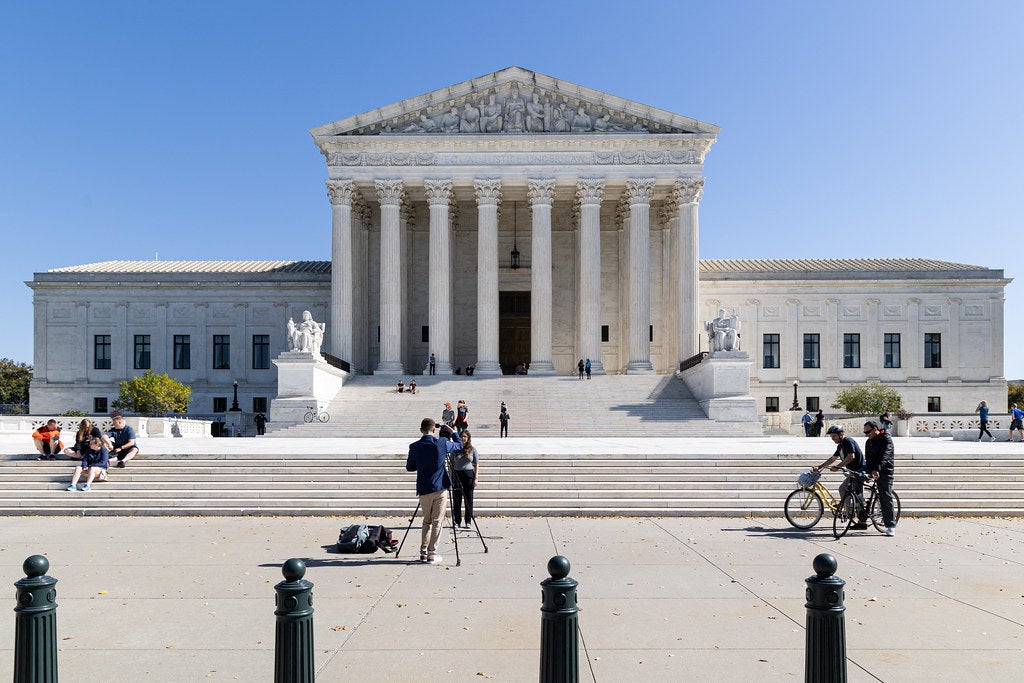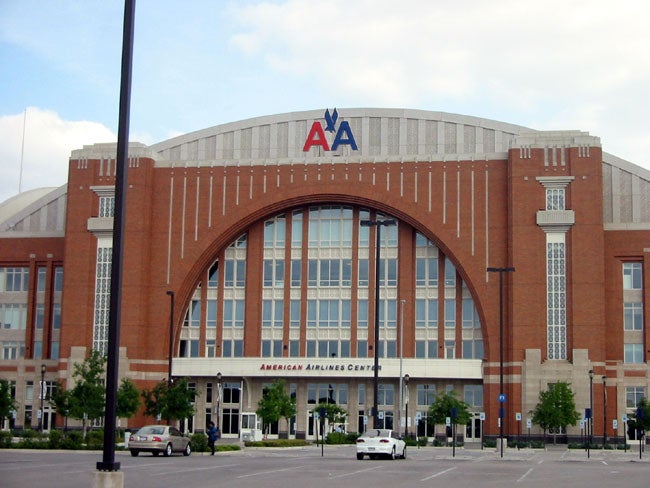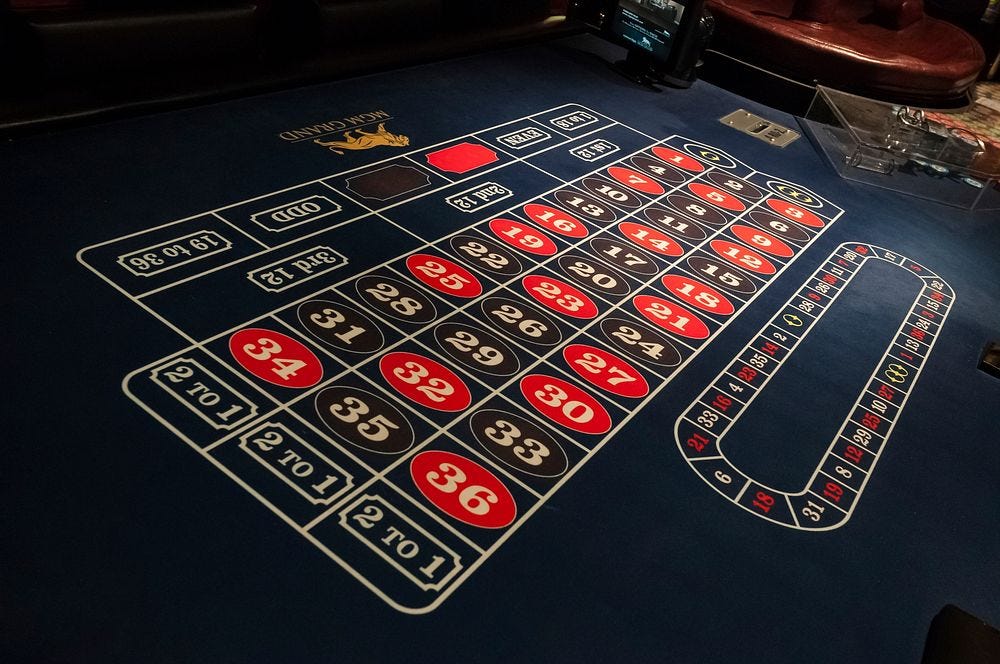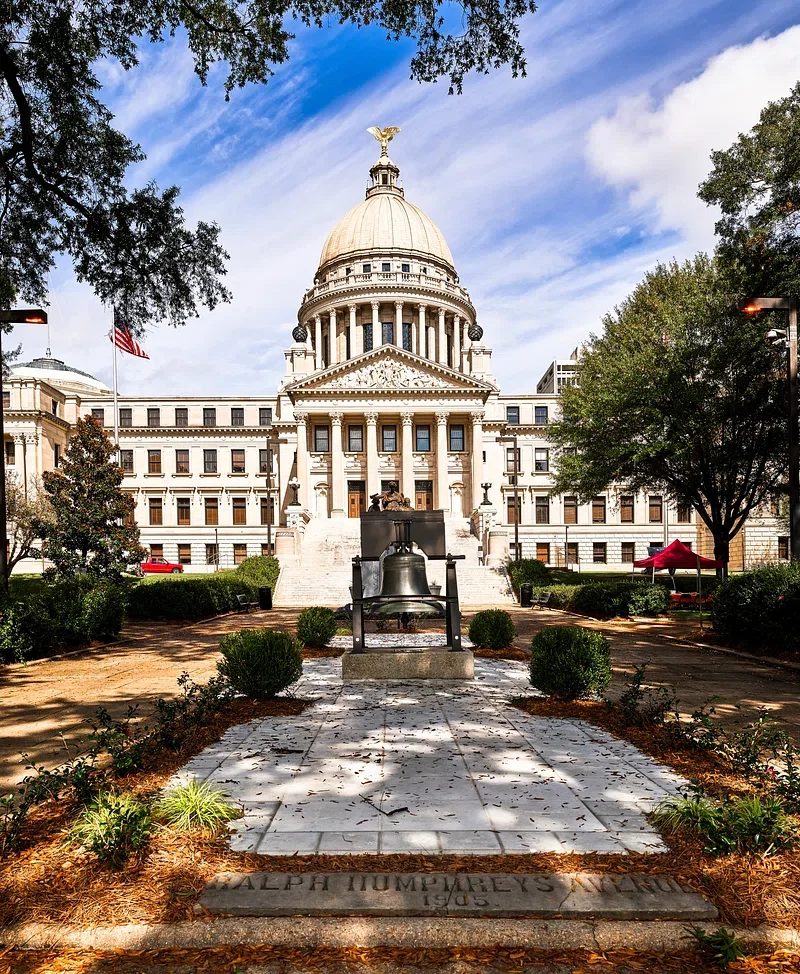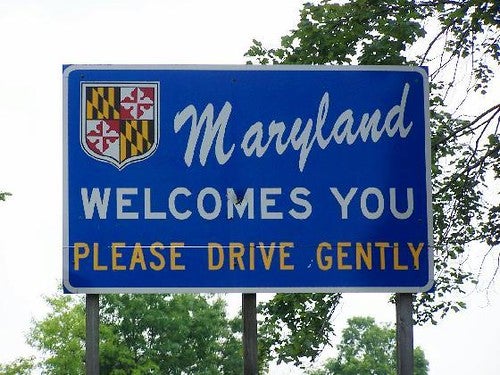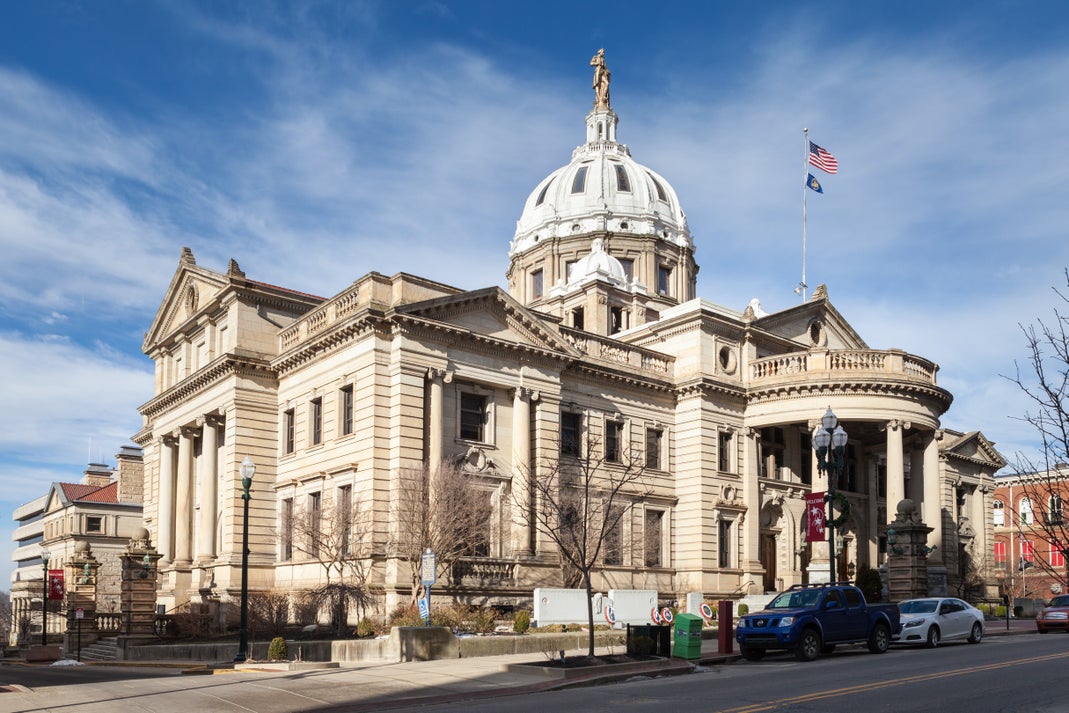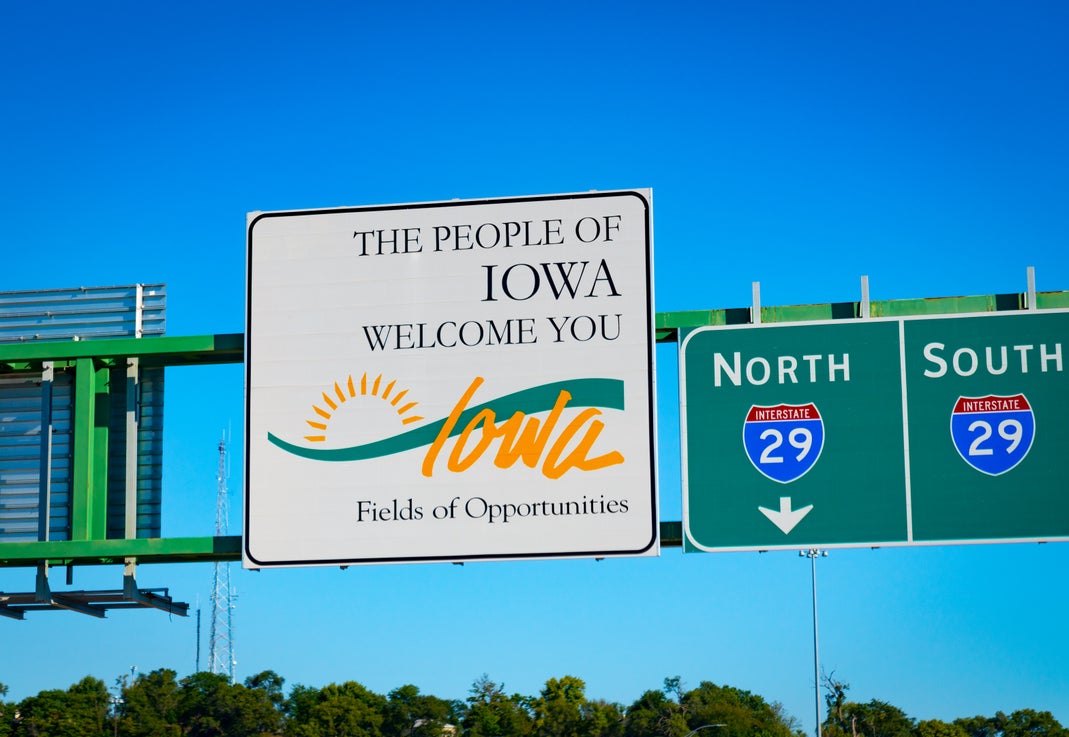Preparing for another gambling boom
As it stands, only seven states legalized internet gaming, including online casino gaming: Connecticut, Delaware, Michigan, New Jersey, Pennsylvania, Rhode Island, and West Virginia.
Nevada, America’s gambling mecca, allows online poker, but not online casino games such as online slot machines.
One of the lessons taught by the widespread expansion of sports betting is that the lack of central pillars created avoidable headaches for lawmakers across the country. Many states have different rules about the types of bets that are available, for example, college player props, the tax rate, the availability of sportsbooks, and more.
“Many states have been discussing [nationwide iGaming standards], but we’re having a hard time getting it across the finish line,” said Shawn Fluharty, a West Virginia Democratic state delegate who serves as president of the national legislators’ group. “We’re trying to put together some best practices for them.”
In addition to the proposed tax window of 15-25 percent and the ban on credit card deposits, officials proposed a deposit $20,000 limit within a 24-hour window. All of these would create uniformity across the nation’s gambling market and help protect customers from their impulses.
Getting ahead of the curve
The proposed framework mirrors what is in place in states such as New Jersey, which legalized internet gaming in 2013 and is the American leader in online casino gaming.
“Ninety-five percent of this mirrors what we’re already doing in New Jersey, which is good,” said David Rebuck, the former head of New Jersey’s Division of Gaming Enforcement. “It’s a great start that builds on what is already in place and operational elsewhere.”
According to Fluharty, the national average for online gambling tax is 19 percent. New Jersey’s 15 percent standard generated more than $414 million in gross gaming taxes for the state last year in a market that is still young and underdeveloped.
“A number of states are being cautious about their budgets, and if they’re looking at this as a potential revenue driver, it’s pretty significant,” Rebuck said.
Maryland could be the next state to legalize online gambling judging by local legislators' recent efforts. A bill to legalize was approved in the House but failed in the Senate in April.
New York, Ohio, and Louisiana have also considered expanding their gaming markets to online casino gaming, but nothing has materialized.








